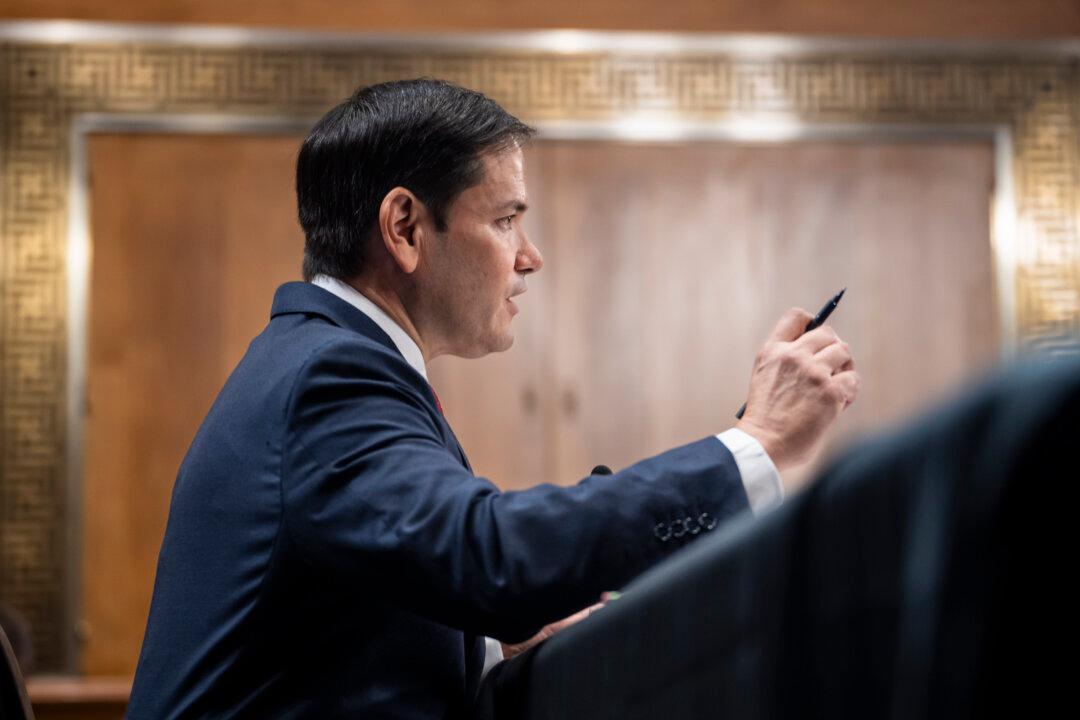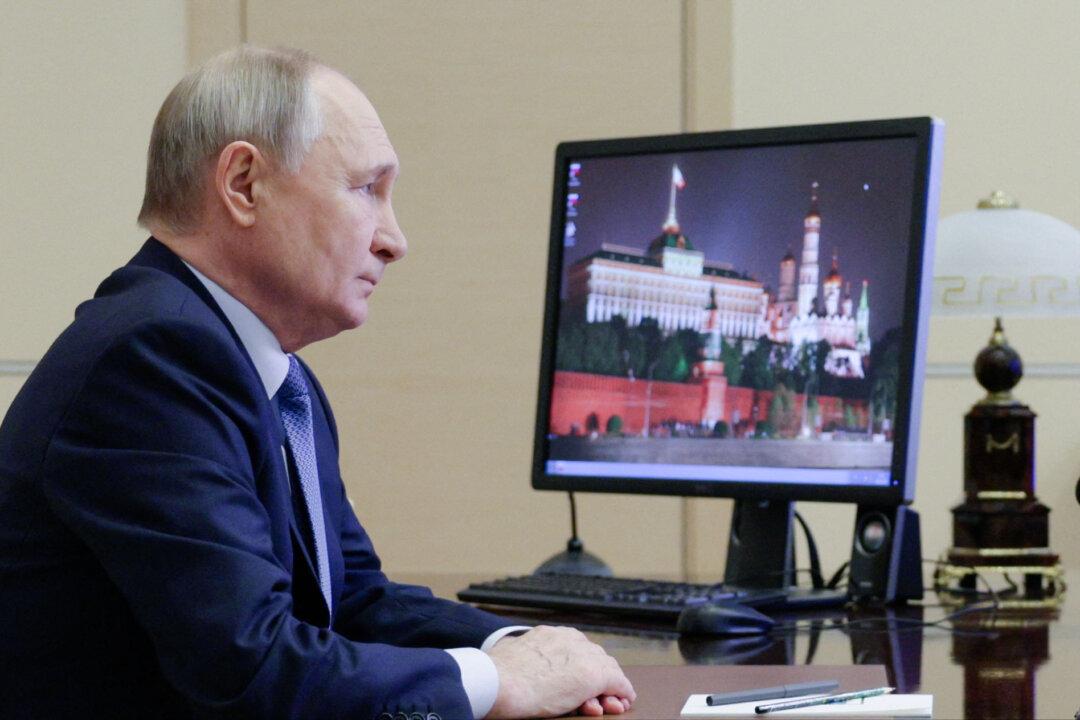China’s leader Xi Jinping called for stronger action in dealing with climate change on Nov. 1, days after submitting a revised plan to reduce carbon dioxide emissions that disappointed many climate observers.
In a written statement to the United Nations Climate Change Conference (COP26), Xi called on “developed countries not only to do more but also provide support to help developing nations to do better.”
He urged all nations to “make plans based on their nations’ circumstances” and “focus on actions,” according to a readout released on the website of Beijing’s foreign ministry.
Xi, who presides over the world’s largest emitter of greenhouse gases, was the only leader to address the Glasgow summit in written form, though China’s climate envoy Xie Zhenhua attended the event in person.
China is the world’s largest user and producer of coal, a major source of emissions, but a recent power crunch has led the country’s authorities to prioritize ensuring its energy supply.
Ahead of the summit, China formally submitted its long-awaited greenhouse emissions blueprint, which reaffirmed its existing goals but added no new commitments.
In the plan, Beijing reiterated a goal announced by Xi in 2020—that carbon dioxide emissions would peak by 2030 and reach net zero by 2060. It also pledged to reduce the carbon intensity per unit of gross domestic product by more than 65 percent from 2005 levels, an increase of 5 percent from its 2016 plan.
It will also increase the share of non-fossil fuels in primary energy consumption to 25 percent from 20 percent, and bring the installed capacity of wind and solar power to over 1,200 gigawatts. While Beijing plans to achieve these goals by 2030, it didn’t change the time of phasing down coal use, meaning that China’s coal consumption will continue to rise until 2025, and start to fall thereafter.

The commitments disappointed climate watchers, who had expected Beijing to roll out more ambitious pledges. President Joe Biden on Sunday expressed his frustration at China and Russia’s lack of pledges, saying the two countries “basically didn’t show up in terms of any commitments to deal with climate.”
Though critics say Beijing’s plan doesn’t offer strong commitments, an analyst has expressed doubt that the regime can even achieve these promises.
“China pledges a lot, but can they make it in reality?” said Edward Huang, a Taiwan-based economic analyst.
The question for the Chinese regime, according to Huang, is how it can meet the growing demand for energy to fuel economic development, while cutting the country’s high reliance on coal.
As a result, the country has rushed to mine and burn more coal to stave off a prolonged energy crisis over the winter.
According to Huang, there is nothing to stop the cycle that led to the coal shortage from recurring next year, and the year after that.
“So I think…[Beijing’s climate goals] is just a target, but it’s hard to make it happen,” he said.




